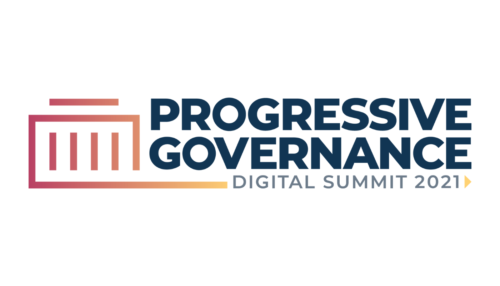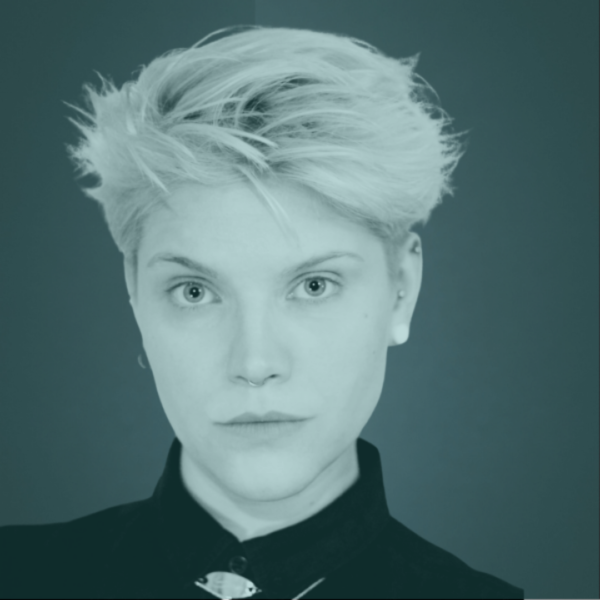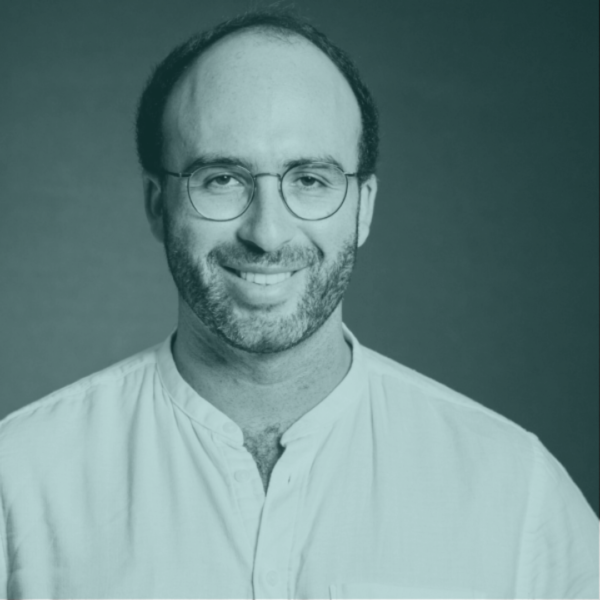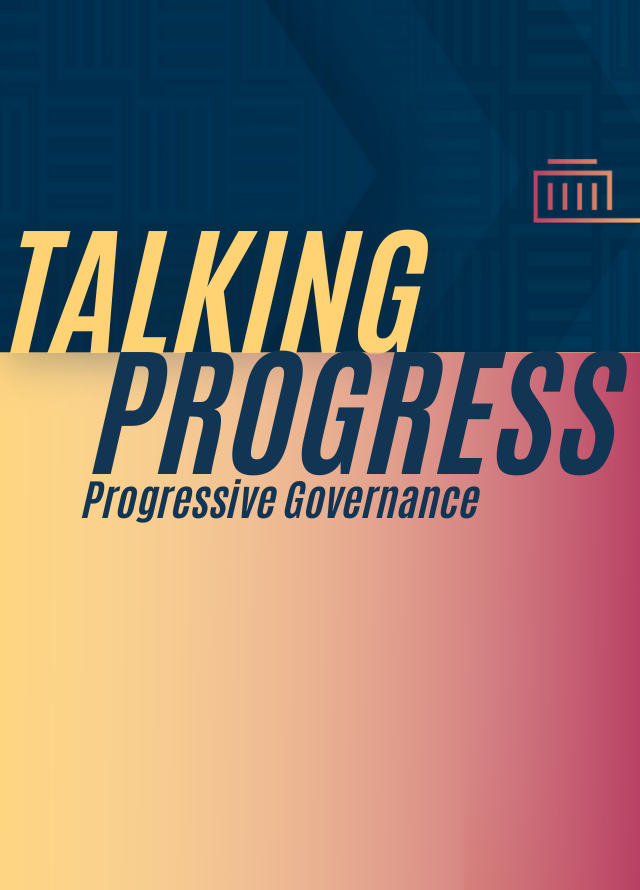Summary
National lockdowns, vaccine rollout strategies, and the shutdown of international travel have introduced the national framework as a dominating force. Tune in to this episode to hear Catherine de Vries and Cas Mudde discuss what this all means for the electoral chances of right-wing populists and how progressives must respond right now.
How has the pandemic year influenced the politics of right-wing populists and nationalists? Is their goal of a world defined by closed and exclusive communities any closer or has the year 2020 and 2021 demonstrated the need for regional and international cooperation? This episode will debate the short and long term effects of the pandemic on right-wing populism and offer suggestions on how progressives can win elections during the 2020s.
Johannes Hillje, a policy fellow at Das Progressive Zentrum, moderated this conversation between Catherine de Vries, Dean of Diversity and Inclusion and Professor of Political Science at the Bocconi University and Cas Mudde, Professor of International Affairs at the University of Georgia.
The 2021 German Elections and 2022 French Elections
With both Germany and France gearing up for national elections, the political impact of the pandemic will undergo major tests. Catherine De Vries and Cas Mudde discuss how progressives in these countries should campaign within the context of the pandemic, focusing on how to communicate policies and coalition expectations.
„There is a demand for populist right parties and the demand can fluctuate with current conditions.“
Catherine de Vries
Policy analysis: Austerity measures have benefited the far-right
Which conditions and policy decisions have empowered right-wing populist parties in the past decade? Catherine de Vries points to empirical evidence suggesting that austerity measures have been a big driver for far-right parties. Using the 2010 financial crisis as a comparison point, both guests analyse lessons learned and the pros and cons of the EU’s response this time around.
The importance of setting the progressive agenda
Taking a broad look at Europe, Catherine de Vries and Cas Mudde provide examples on how the far-right has adapted and responded to changing political situations. The experts advocate for progressive leaders and parties to take positions entrenched in liberal values and to set the agenda with their own visions of society. Winning elections, progressive administrations, and democratic institutions are at stake.
„We should make policies based on what we think is best, not based on populists“.
Cas Mudde
How to make the 2020s a decade of progress
Catherine de Vries demands to take a position and to keep that position as much as one can while choosing one specific battle, the battle for liberal rights and liberal democracy. On the other hand, Cas Mudde urges us to re-politicize politics, „it has to be ideological again“. We would need to recapture the agenda on the basis of our own ideology. Focusing on key policies would include the environment, housing, public health and reimagining Europe.

This episode is the first part of our Progressive Governance series. We recorded this session as part of the Progressive Governance Digital Summit that took place from June 9th to 11th 2021. Post-production and additional recordings done by Annika Hoffmann and Das Progressive Zentrum.
Find out more about the Progressive Governance Summit!
Authors
Europe’s Man on the Moon Project
How Can the Centre-Left Reinvent Itself?
Empowering Cities: The American Rescue Plan
How can the 2020s be a progressive decade? – Action Paper
Empowering Cities: Building Urban and Transatlantic Infrastructure
Empowering Cities: A Blueprint for Urban Progress
Empowering Cities: Forging a Transatlantic Dialogue
Empowering Cities: Financing the Climate Transformation

We develop and debate progressive ideas and bring together leading actors who turn thoughts into action. Our think tank’s goal: making the just transformation a reality. ▸ Learn more



